TEHRAN(Bazaar) – William O. Beeman, Professor Emeritus of University of Minnesota, says the EU have little or no power to affect the outcome of the Vienna talks
He adds that the Russians and the Chinese have been present at the talks but have been largely silent. They have not taken a proactive role in the talks.
Following is the text of the Bazaar interview with Professor William O. Beeman.
Bazaar: The first meeting of the seventh round of Vienna talks came to an end while waiting for an agreement was unlikely. But in the last few days, following the second meeting, positive news of the continuation of the negotiation process was reported, and Josep Borrell also made positive statements. What was the reason for the change of positions in the last week?
Beeman: The talks have resumed after they were broken off due to negative reaction to a set of Iranian proposals that were considered to be beyond the scope of restoration of the JCPOA. Josep Borrell is the Foreign Policy Chief of the European Union and has no role whatever in these talks. Iran has asked to meet with Chief Borrell, and he has agreed, though he admits that he and the EU have little or no power to affect the outcome of the Vienna talks. Iran continues to insist that it is negotiating in good faith, but the resumed meeting lasted only one hour and essentially consisted of an agreement to continue the talks. In short, very little has changed, but at least the talks have not been abandoned.
Bazaar: How do you assess the role of Russia and China in the recent negotiations and to what extent are they effective in sharing the views of the other (western) side with Iran?
Beeman: The Russians and the Chinese have been present at the talks but have been largely silent. They have not taken a proactive role in the talks. They could, of course, do so, but at present the United States, who needs to be persuaded, is not going to look favorably on any proposals coming either from China or Russia. The United States is in conflict with both nations--with Russia over a possible invasion of Ukraine, and with China over Uighur human rights violations. Hong Kong, threats to Taiwan, and Chinese incursion into the South China Sea. So the Russians and Chinese must realize that their opinions are not going to carry much weight with the only negotiating party besides Iran that really matters, and that is the United States.
Bazaar: IAEA Director Grossi, has announced that he is seeking an agreement with Iran to reinstall its cameras at the Karaj facility. He said that not knowing what was going on at the Karaj facility would prevent us from informing the negotiators in Vienna. What is your assessment of his words?
Beeman: The IAEA has continued to try and maintain a positive relationship with the Iranian government in order to continue to do their work. The IAEA is an inspection agency. It is not an enforcement agency. The IAEA has absolutely no enforcement power. But they cannot do their work without cooperation from Iran. The last IAEA report expressed concern about Iranian limitation on their inspection protocols, but at the same time took a friendly tone toward Iran. This is in contrast to the previous administration of the IAEA under Amato which reflected U.S. hostile policy toward Iran. Director Grossi has wisely tried to steer a neutral diplomatic path in the administration of his duties.
Bazaar: Despite some statements by European officials that the negotiation process is reasonable, Germany has stated that there is no progress in the Vienna talks and that time is running out for Iran. What is the reason for Germany's strict issue? Given the rise to power of the new party in Germany, which is more opposed to Iran, how do you assess Germany's position in the continuation of the negotiations?
Beeman: Germany's position is realistic. There really has been no movement toward reconciliation in the Vienna talks, and no clear pathway toward restoration of the JCPOA. As noted above, the resumed meeting last week produced no concrete steps forward. That said, I personally believe that the German declaration was not helpful in moving the talks forward. There seems to be no will on the part of Germany, France, and the UK to further the talks. The United States is dug in and recalcitrant to even issue a gesture toward Iran's requests China and Russia lack credence with the United States, and Iran has not yielded at all. In fact, Iranian negotiators have said that they are prepared to wait indefinitely until their demands are met. This is a diplomatic logjam, and I see nothing moving at present. The only glimmer of hope is that people are still talking, even though they seem to be getting nowhere.






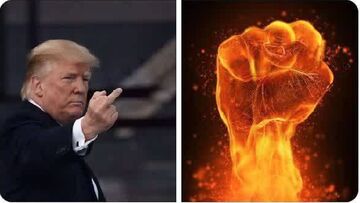
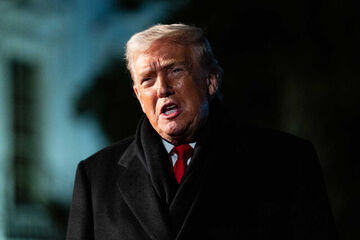

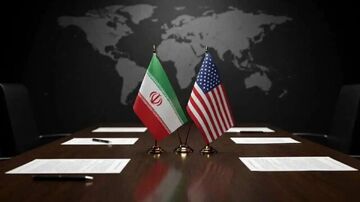
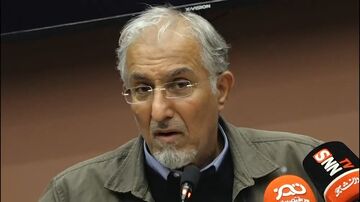
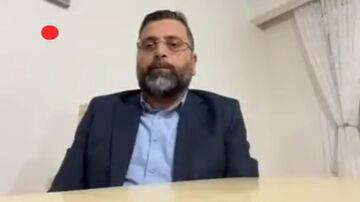
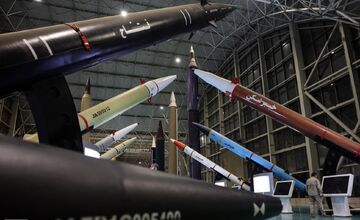
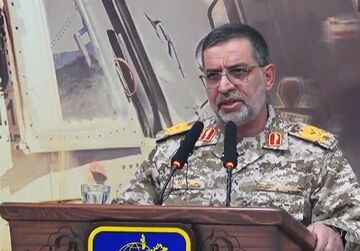
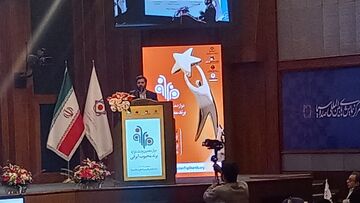
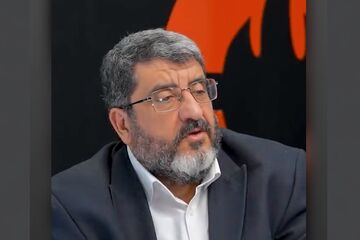
نظر شما